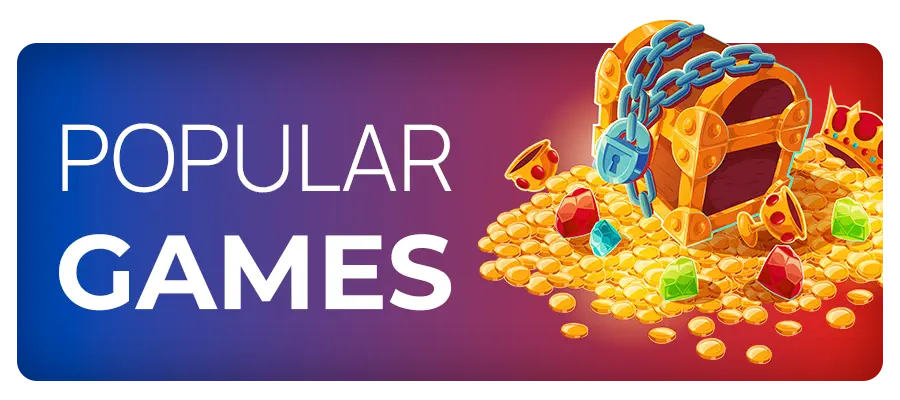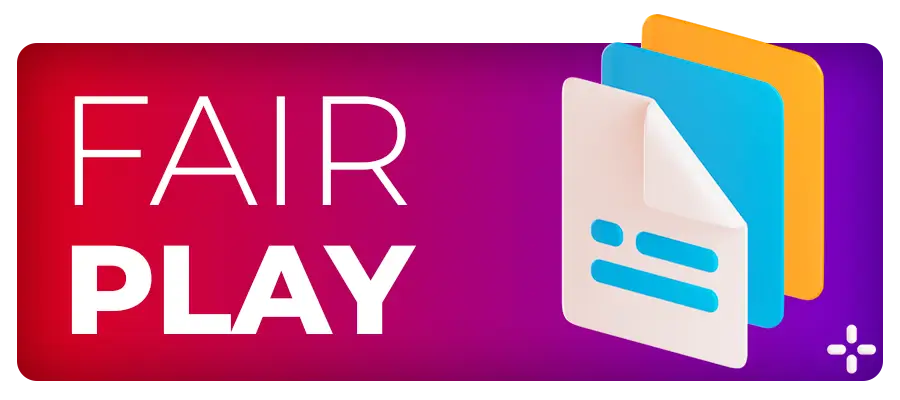
Game Fairness And Verified Random Outcomes
In the online casino world, game fairness is not a luxury—it is the foundation on which player trust and platform credibility are built. For casino aggregators that evaluate and rank operators, the degree to which a platform can prove the integrity of its games often determines its position in the listings.
This integrity hinges on the use of certified random number generators (RNGs), independent audits, and transparent publication of payout rates. A casino may have attractive bonuses and sleek design, but without verifiable fairness in games, these features quickly lose value for informed players. Game fairness ensures that every spin, card draw, or dice roll is free from manipulation and governed by statistical randomness, allowing players to engage with confidence.
Establishing fairness in games begins with technology. RNG systems are at the core of modern online gaming, producing unpredictable results that are impossible to predict or influence. To meet fair gaming standards, operators must have these systems tested by recognized third-party laboratories, such as eCOGRA or iTech Labs, whose certifications signal to players and aggregators alike that the games function as advertised.
Casino game integrity also depends on regular retesting, as even certified systems can be compromised if updates are not monitored. Aggregators place significant weight on these audit records, using them as objective evidence of a casino’s reliability.
However, technology alone does not define fairness. How the rules are communicated plays a crucial role. Transparent game instructions, clear payout tables, and accessible explanations of bonus features prevent misunderstandings that can erode trust.
Casinos that obscure or complicate game mechanics risk creating an environment where players feel disadvantaged, even if the RNG is functioning perfectly. Aggregators note that the most trusted platforms combine technical fairness with operational transparency, ensuring players know exactly how games work and how winnings are determined.
Casino game integrity also extends to the selection of games offered. A balanced portfolio where no single game type has disproportionately poor returns helps maintain fairness across the platform. Some operators may highlight high-return games while burying those with lower RTPs in promotional material, creating a misleading perception of overall fairness. Aggregators identify such practices as red flags, favoring operators that present all game data openly and without bias.
Fairness is also about consistency. A platform must deliver the same probability outcomes to all players, regardless of their account status, bet size, or geographic location. This means avoiding discriminatory practices where certain markets receive altered game versions or where betting patterns influence RNG results. Independent testing helps detect such discrepancies, and aggregators consider uniformity of experience to be an essential metric when ranking casinos.
An important dimension of verified random outcomes is dispute resolution. Even in fair systems, disputes can arise, and how a casino handles these reflects directly on its fairness policy. Operators that offer players transparent channels for review, with responses backed by verifiable game data, strengthen their credibility. Aggregators value these processes as part of an operator’s broader commitment to fairness, often noting in reviews whether a platform has a proven track record of resolving game-related disputes equitably.
Ultimately, game fairness and verified random outcomes are inseparable from the concept of a reputable online casino. Players seek assurance that their chances of winning are determined solely by chance, not by manipulation or hidden algorithms. For aggregators, highlighting platforms that excel in these areas is part of a larger mission to foster a competitive, transparent, and trustworthy online gaming environment, where entertainment is supported by measurable fairness at every turn.
Fairness In Games And Casino Game Integrity
Fairness in games is one of the most scrutinized elements in online casino reviews, with casino game integrity acting as its operational counterpart. For aggregators ranking multiple operators, these two concepts are evaluated together because they form the structural pillars of a credible gaming platform. Without fairness, the integrity of the entire casino operation comes into question, and without operational integrity, even technically fair games can lose player trust.
Casino game integrity starts with the validation of RNG systems, which generate the unpredictable outcomes essential to fair gaming. Reputable casinos use RNGs that are tested against strict statistical benchmarks, ensuring results cannot be influenced by external factors. Aggregators rely on third-party audit certifications to verify these claims, cross-referencing data over time to confirm that fairness is not just a one-time compliance measure but an ongoing operational standard.
However, maintaining fairness in games also requires consistent RTP (Return to Player) accuracy. Operators must ensure that the actual RTP aligns with the advertised rate, as discrepancies here indicate either mismanagement or intentional manipulation. Aggregators actively monitor these figures, and platforms with consistently accurate RTPs are rewarded with higher rankings, signaling reliability to players.
Transparency in game design is another dimension of integrity. Players must have easy access to information about how wins are calculated, how bonus features function, and what the true odds of specific outcomes are. Aggregators assess whether these details are clearly displayed within the game interface, avoiding scenarios where players have to search through obscure help sections to understand basic mechanics.
Fairness is not static—it must be maintained across all devices and platforms. Casinos offering both desktop and mobile play must ensure that game performance and probability outcomes are identical across formats. Aggregators test games on multiple devices to verify this, and any platform that delivers a diminished experience on one medium risks being downgraded in rankings.
The inclusion of live dealer games adds another layer of complexity. Here, fairness in games extends beyond RNG to human factors, requiring that dealers operate under strict protocols and that camera systems capture all relevant actions without blind spots. Aggregators observe these games for transparency, noting whether players can clearly see shuffles, spins, and dice rolls.
Finally, fairness in games is reinforced through responsible gaming tools, which indirectly contribute to integrity. Features like reality checks, deposit limits, and session reminders help ensure that players engage with games under fair conditions for themselves, not just in the mechanical sense. For aggregators, the presence of such tools enhances the overall fairness profile of a casino, making it more attractive to players seeking a transparent and balanced gaming experience.
Game Fairness And Fair Online Casino Games
Game fairness in the context of fair online casino games is the intersection of technical reliability, transparent communication, and ethical operation. For casino aggregators, this is the point where measurable performance and player perception meet, creating the most accurate reflection of a platform’s trustworthiness. A fair online casino game is one where the outcome is genuinely random, the rules are clear, and the experience is consistent regardless of external factors.
At the technical core of fair online casino games is RNG certification. Without a proven RNG, no claim of fairness can be substantiated. Independent laboratories play an indispensable role here, running simulations over millions of game rounds to ensure statistical randomness and consistency with published payout rates. Aggregators rely on this data to verify that a casino’s claim of fairness is grounded in fact, not marketing rhetoric.
Beyond the RNG, fairness is upheld through the integrity of game software providers. Reputable platforms source their games from established developers known for compliance with industry standards. Aggregators review the provider list for each casino, noting whether the software partners have a history of transparency and reliability. A strong provider network is often a direct indicator of game fairness.
Fair online casino games also require the absence of exploitative mechanics. While high volatility is acceptable when clearly disclosed, features that mislead players—such as ambiguous bonus triggers or unclear win conditions—undermine fairness. Aggregators analyze these design choices, removing or lowering rankings for platforms that fail to disclose how such features work.
Live dealer and multiplayer games add the human element, which must also be governed by fairness standards. Dealers should operate under impartial procedures, and all interactions should be transparent to players. Aggregators consider whether these games include measures to prevent bias, such as automated shuffling machines or multiple camera angles for complete visibility.
Consistency is a hallmark of fairness in online games. Players expect the same game behavior regardless of their stake size, currency, or account status. Any variance here signals a breach of fairness principles, which aggregators flag during evaluations. Ensuring that all players have equal opportunity, regardless of profile, is a non-negotiable standard for high-ranking platforms.
Finally, game fairness thrives in an ecosystem of accountability. This means having clear dispute resolution processes, responsive support teams, and the willingness to share raw game data when disputes arise. Casinos that resist this level of transparency risk damaging their reputations, while those that embrace it often see their rankings rise in aggregator listings.
In summary, fair online casino games are the result of combining certified randomness, transparent design, ethical operation, and consistent execution. Aggregators that prioritize these factors in their rankings are not only helping players make informed choices but are also shaping the industry toward greater transparency, reliability, and genuine fairness in every game offered.
















